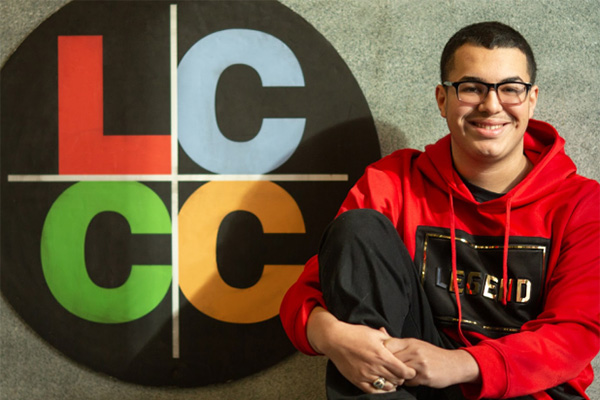Nanofabrication Technology A.A.S. (NMT)
What is a Degree in Nanofabrication Technology?
This program prepares students for technician-level jobs, including those in chemical technology, electronics technology, biotechnology, biopharmaceutical labs, micro-technology labs, and material science industry labs. Students will study electronics at LCCC for three semesters and complete the last semester at the nanofabrication facility at Pennsylvania State University (PSU).
Nanofabrication Technology Courses
Your Nanofabrication Technology courses will prepare you for success in either a future career. In this program, you’ll take classes like:
- DC/AC Circuits
- Essentials of Chemistry
- Electronic Circuits
- Materials Modification in Nanofabrication
- Lithography for Nanofabrication
Course Fees
Bachelor’s Transfer Schools
LCCC has a wide variety of transfer agreements which allow graduates of this program certain benefits when transferring to a partner institution. Learn more about transferring to a four-year school.
Your A.A.S. in Nanofabrication Technology prepares you to transfer to the following four-year colleges or universities:
Program Coordinator


